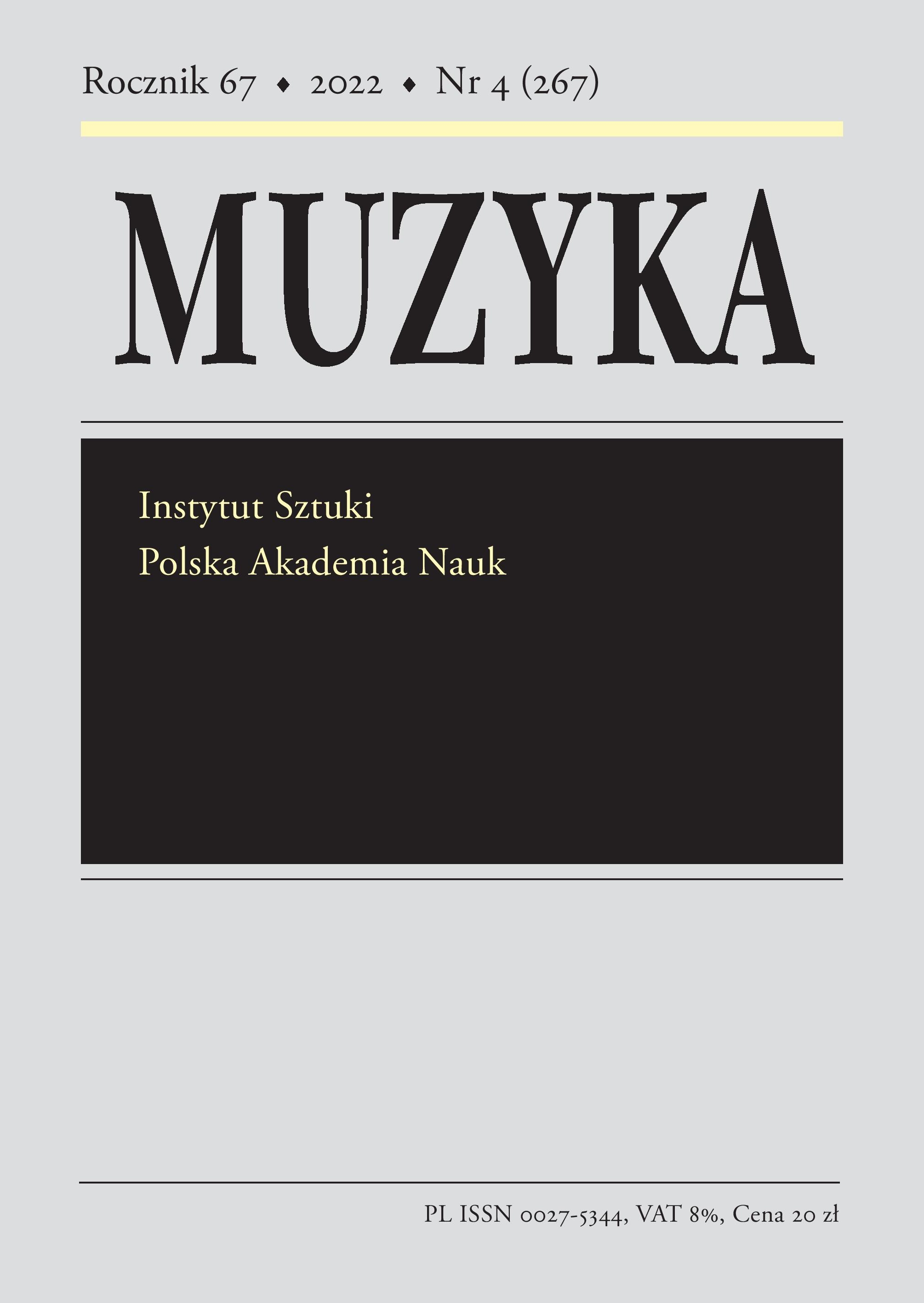‘Cantare alla greca con citere e violini’: Western Musical Transfers and Localisations in Early Modern Crete
‘Cantare alla greca con citere e violini’: Western Musical Transfers and Localisations in Early Modern Crete
Author(s): Alexandros Maria HatzikiriakosSubject(s): Literary Texts, Music
Published by: Instytut Sztuki Polskiej Akademii Nauk
Keywords: music in Crete; Venetocracy in Crete; Erotokritos; the myth of Orpheus; literature; fifteenth-century music; sixteenth-century music
Summary/Abstract: During the late mediaeval and early modern periods, Crete was the most important Venetian colony, giving the Republic almost unchallenged commercial and military control of the eastern Mediterranean. Based on archive and documentary evidence, this article discusses the role played by music as a means of social and cultural control over the native Cretan population. After a brief introduction to the history of the Venetian domination of Crete (aka Venetocracy) and of its impact on local literature and visual arts, the first section deals with the presence of Western music in the Venetian secular and religious institutions. From a very early stage, Venice started employing locals as civic musicians (mostly trumpeters and ‘piffari’). For the locals themselves, a stable role in the local musical institution represented an opportunity for income and social ascension; for the Republic, meanwhile, it was a means of political and cultural control. Music was also central to religious institutions, as documented by archive sources. The main churches and monasteries on the island had instruments and singers and provided training for the Catholic clergy and musicians. The article goes on to explore the dissemination of Western secular instrumental and polyphonic practices in the main Cretan cities, taking as a case study literary sources dating from the fifteenth and sixteenth centuries which testify to polyphonic compositions in Greek, such as madrigals and incidental music. A last example is represented by the chivalric romance ‘Erotokritos’, containing references to Western musical symbolism, such as the myth of Orpheus as a good rhetor and sovereign, and the lute representing civic harmony. Written by a Hellenised Venetian nobleman, ‘Erotokritos’ represents the most manifest case of musical values being used for pro-Venetian propaganda.
Journal: Muzyka
- Issue Year: 67/2022
- Issue No: 4
- Page Range: 116-135
- Page Count: 20
- Language: English

